“Art is how we decorate space, music is how we decorate time.” – Jean-Michel Basquiat
Music follows our progress, it punctuates our moments and creates a soundtrack of our lives. People are generally fond of consuming it (live or recorded), and I’d hazard a guess and say that most prefer it to silence. Music will mark most of your child’s social life-cycle events (including an annual rendition of ‘Happy Birthday’, which, conversely, is now in the public domain and no longer subject to copyright), and will eventually become a regular part of their school week. As a music teacher, I believe that a large part of my role is to design music classes that students anticipate with excitement.
Do you remember that feeling of excitement about an upcoming music class? In thinking of your own classroom music experiences, are you filled with a sense of happy nostalgia? Many of the musicians that I’ve spoken to say otherwise, reporting either negative associations towards their music education (citing memories of rote learning, prescriptive repertoire and a recognition of only one style of ‘gifted’ musicianship) or no particular memory of music classes at all. I’ve lost count of the number of discussions I’ve had with adults who no longer sing, often recalling disparaging music teachers.
You may be wondering why it matters whether your perception of music education is positive or negative. Yet, in a purely academic sense, simply being able to keep a steady beat is linked to improved reading and language development1, as well as countless other physical, emotional and cognitive benefits that are inherent in learning to make music. More importantly, though, experiences in music are an invitation into the bigger picture of what it means to be human.
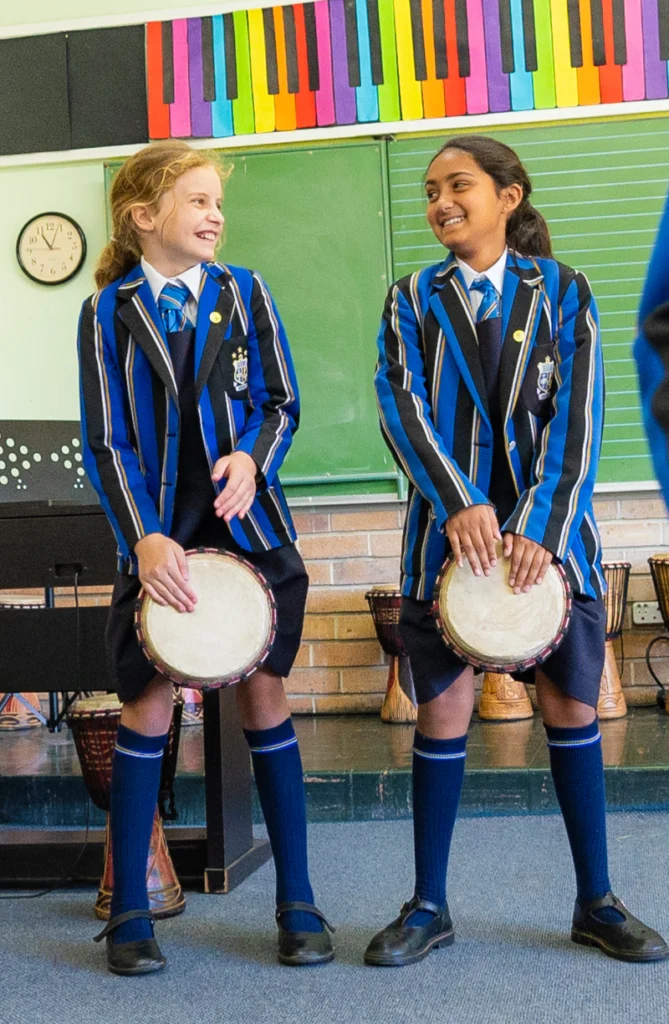
Underpinning every musical game in the classroom is an invisible world of learning. Beyond the obvious focus on developing musical skills, such as singing in tune, keeping a steady beat, and preparing or practising a musical concept, lies the development of interpersonal skills. These include choosing a partner, working in a team, listening to each other, and learning to lose (or win!) gracefully.
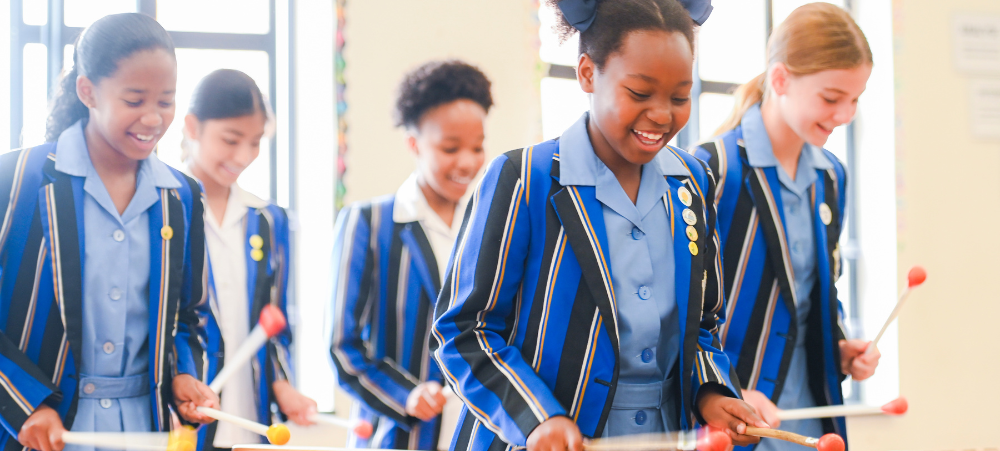
From experience, I can attest to the exponential emotional growth of the children who sign up for choir and extra-mural xylophone. When we come together to play in an ensemble, we are practising listening to each other, refining fine motor skills (which increase self-confidence), building relationships and discovering what it means to ‘belong’ to something (and further to that, what it means to commit to it).
In the Junior Primary phase, our goal is not necessarily to grow musicians, but to nurture empathic humans who can play together with kindness, attention and joyful abandon.
To achieve this, it is imperative that we foster experiences in music that are positive and playful, promoting active engagement. Current trends in music education tend towards a child-centred approach2 that gives students a sense of personal autonomy, and a voice in their own learning.
In her book ‘Compassionate Music Teaching: a Framework for Motivation and Engagement in the 21st Century’, Karin Hendricks (2018) 3 expounds on the value of dissolving the traditional hierarchical structures in the classroom, positioning teacher and students as equals and co-learners, creating space for the child to arrive exactly where she/he is. The beauty of this approach to music education is that ultimately, when children feel seen, heard, and safe, they are free to express themselves honestly, without fear of prejudice, and it is here that they ‘show up’.
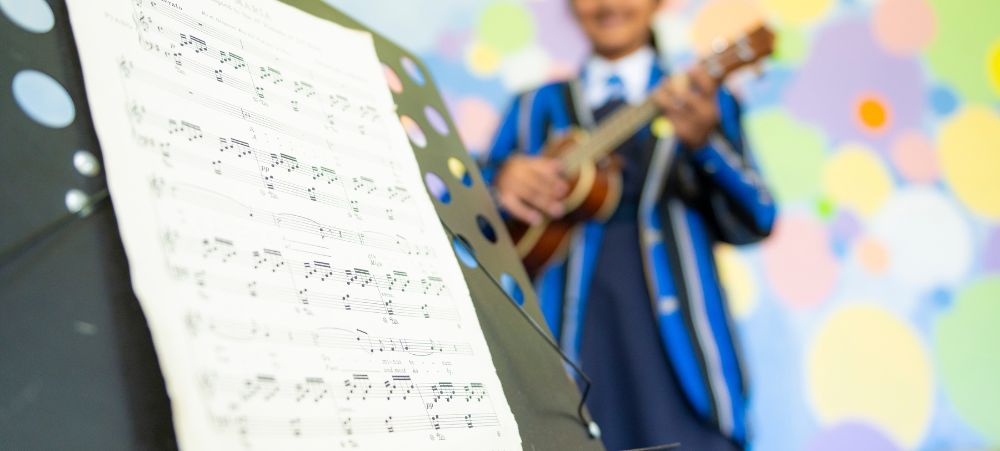
And so, when I ask for a song suggestion to end a class with, I’m simply beginning a dialogue. Together, we will build bridges between the music I’d like to introduce (western art music, Louis Prima or local South African bands) and the (mostly pop) tunes that the students are currently obsessing over. We will meet each other halfway, and they will sing so-mi songs (‘Rain, rain, go away, come again another day’) and I will create a xylophone arrangement of ‘Belong Together’ by Mark Ambor (because I said I would); and I will teach them new rhythms, designing games that give them a chance to practise them; and on a dime we’ll change the direction of the planned class so a Grade 1 can sing a song she wrote, because in that moment, nothing else matters quite as much as that. And somewhere in this middle ground, relationships are built and modelled.
From a parent’s perspective, music is an excellent way to get to know your children. Give them a chance to curate the playlist for your car drives, but don’t be afraid to drop some of your favourite music in there too. On an extra-musical level, you’re modelling fairness and taking turns, whilst simultaneously giving your children a chance to practice patience while waiting for their songs. Discover who your children are, and let them know you, because the music you love is a window into who you are.
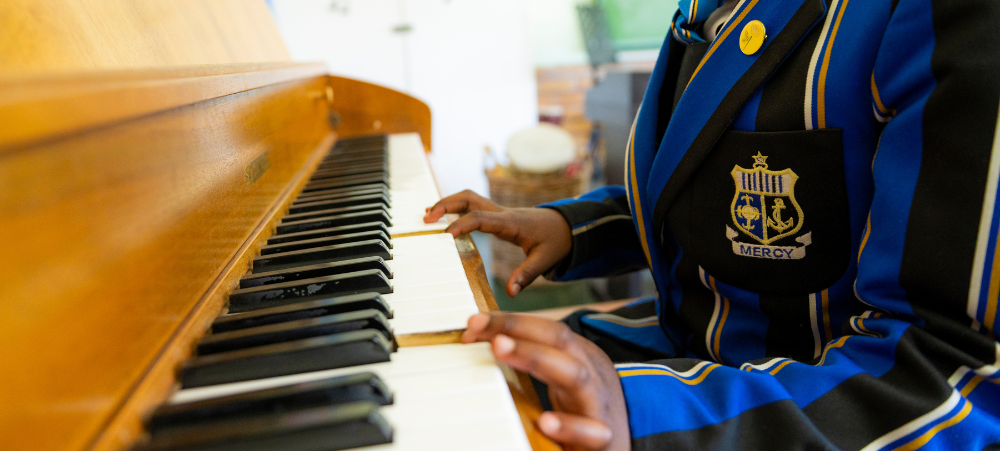
And so, whilst instrumental education is important (everyone should know how to play something pretty on the piano, right?), first let your children be children. Let them play. Let them make music because they’re pulled to it, because it’s joyful. After all, it makes them feel good. And above all, allow them to build a relationship with music on their own terms… For it is in this fertile ground that their love for it will flourish.
Victoria de La Harpe– St Teresa’s School Music Teacher
References
- Woodruff Carr, K., White-Schwoch, T., Tierney, A. T., Strait, D. L., & Kraus, N. (2014). Beat synchronization predicts neural speech encoding and reading readiness in preschoolers. Proceedings of the National Academy of Sciences, 111(40), 14559-14564.
- Turner, M. E. (2006). Child-centered music strategies and the teachable moment. General Music Today, 19(3), 17-20.
- Hendricks, K. S. (2018). Compassionate music teaching: A framework for motivation and engagement in the 21st century. Rowman & Littlefield.
At our Reggio-inspired Rosebuds Pre-Primary for 3–5 year olds, each day is filled with wonder, discovery and joy. From outdoor adventures and sensory play to creative exploration and shared giggles, we lay the foundation for lifelong learning through curiosity, connection and play.
Rooted in tradition and guided by strong Christian values, St Teresa’s School provides a unique, caring and empowering environment where girls develop confidence, lead with compassion and become courageous, capable young women of tomorrow.
Learn.Grow.Thrive.
- A Parent’s Educational Journey: From Uncertainty to Understanding - September 30, 2025
- Music is the Middle Ground Where Relationships are Built - September 26, 2025
- Habits of Mind – A Critical Thinking Programme - September 18, 2025

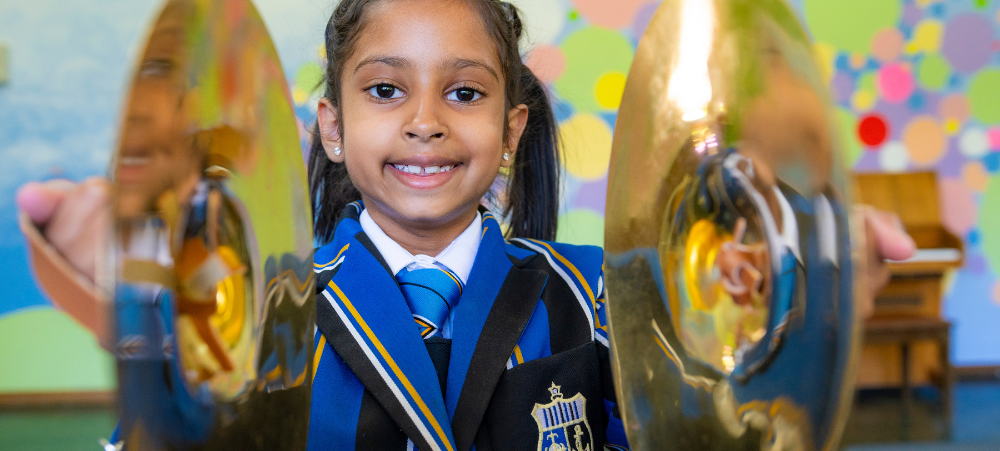
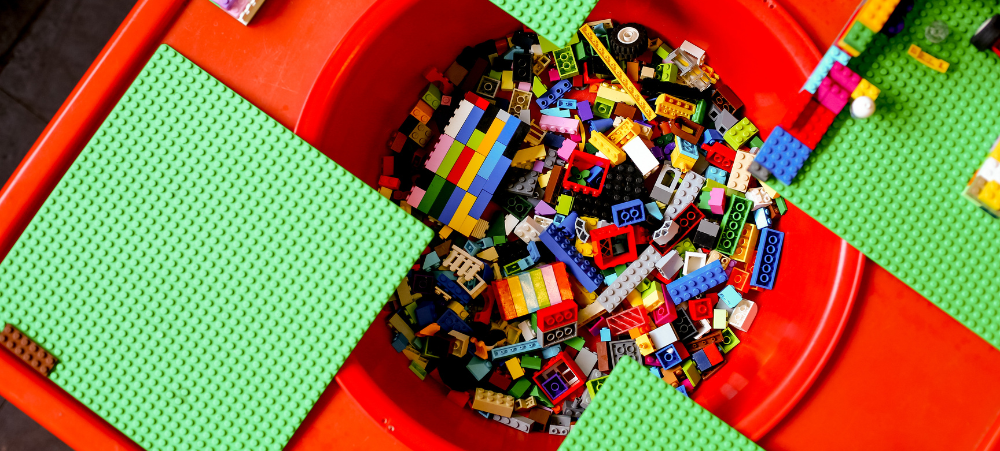

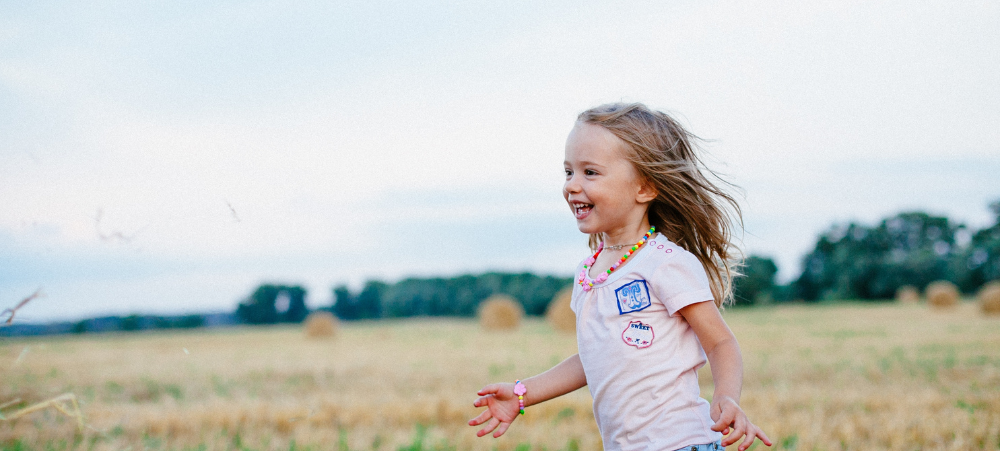

2 thoughts on “Music is the Middle Ground Where Relationships are Built”
A really great inspirational read … thank you 🙏🏼
Very beautifully written and too true worth publishing
Angela Steur